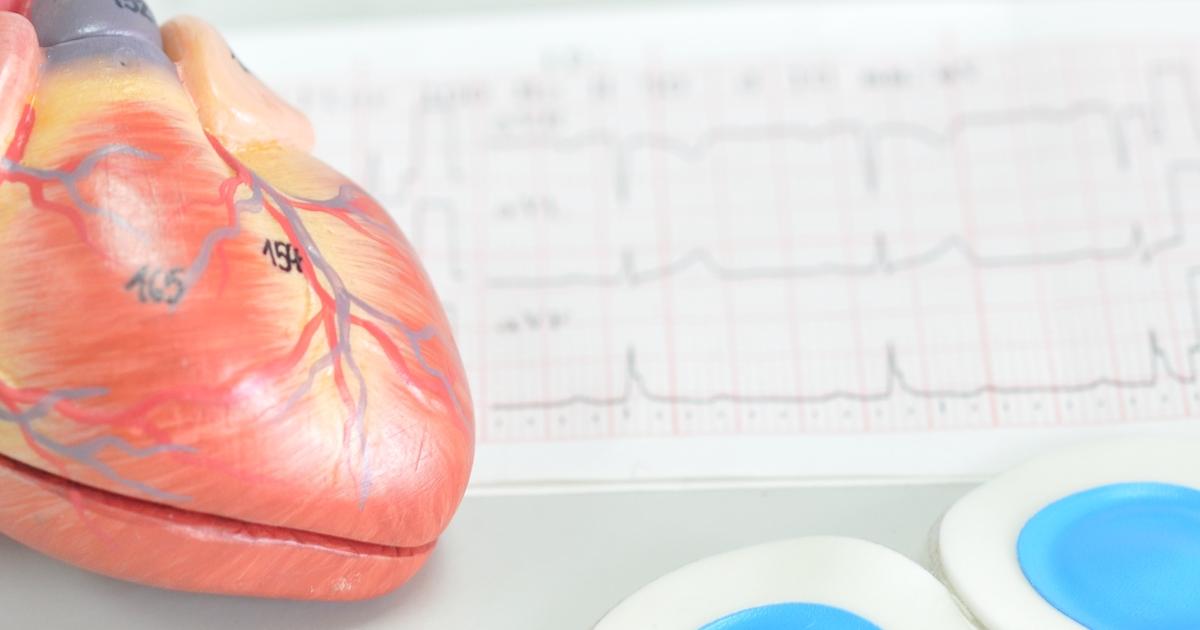Health Benefits Of Nitric Oxide Supplements
Lessens Muscle Soreness

Many individuals experience muscle soreness after vigorous exercise, and this symptom can also occur in patients unaccustomed to physical activity. It typically peaks one to three days after exercise. Citrulline malate, a form of L-citrulline that increases nitric oxide, has been shown to reduce post-exercise muscle soreness. A 2010 study investigated the effect of citrulline malate in forty-one subjects who performed as many flat barbell bench presses as they could. The results showed that subjects who consumed eight grams of citrulline malate sixty minutes before performing the bench presses reported forty percent less muscle soreness in the two days following the workout. Researchers believe citrulline malate may be beneficial in removing waste products such as lactate and ammonia from the body. These substances contribute to muscle fatigue. A 2017 study found that a dose of six grams of citrulline malate did not reduce muscle soreness after exercise, and doctors believe a dose of at least eight grams is necessary. The exact dosage needed to reduce soreness may depend on the type of physical activity being performed, and additional research in this area is being conducted.
Read more about how nitric oxide supplements benefit health now.
Promotes Heart Health

Animal studies suggest nitric oxide promotes heart health in several different ways. In addition to reducing blood pressure, it reduces the stiffness of the arteries and increases blood flow in the carotid arteries. A 2003 study conducted on animals at Johns Hopkins found that nitric oxide blocked the release of inflammatory compounds, and it also reduced the stickiness of platelets in the blood. When platelets are less sticky, they are less likely to clump together into a dangerous blood clot that could cause a heart attack or stroke. Recent research published in 2014 examined the effectiveness of nitric oxide supplementation in patients with high blood pressure. Thirty participants were involved in the study, and there was a treatment group and a control group. Patients assigned to the treatment group consumed an oral lozenge that generated nitric oxide within the body; those in the control group received a placebo. Approximately twenty minutes after the lozenge was taken, subjects in the treatment group had a reduction of four mmHg in systolic blood pressure and a reduction of five mmHg in diastolic blood pressure. At the sixty-minute mark, systolic and diastolic readings were both decreased by six mmHg. Vascular compliance improved after thirty minutes, and endothelial function improved after four hours. Impaired endothelial function contributes to the hardening and stiffening of the arteries, increasing the risk for heart attacks and strokes. Patients who have risk factors for heart disease may want to talk to their physician about increasing their nitric oxide.
Keep reading for more information on the health benefits of nitric oxide supplements now.
